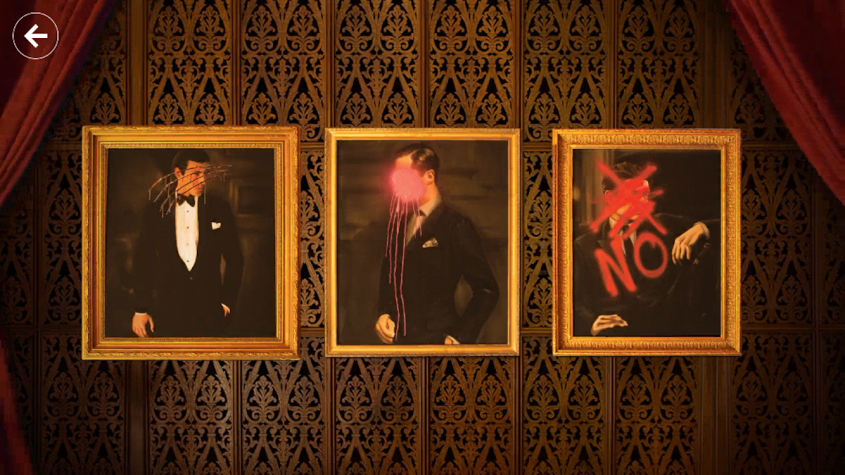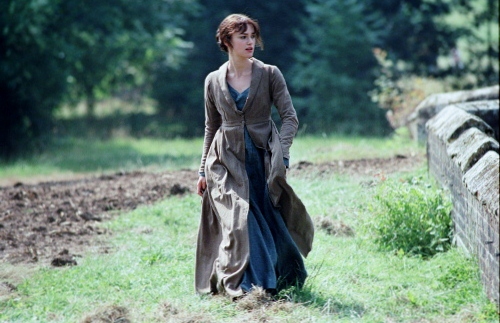 During the Victorian era, people were beginning to question if industrialism was truly a form of progress. Many authors and scholars began to write about and discuss the effects that industrialism was having on the children of England. Many children were forced to work long hours in exceptionally poor conditions that harmed them both physically and mentally. Many well-known authors such as Charles Dickens and Elizabeth Barrett Browning were writing about the struggles of these children during this time.
During the Victorian era, people were beginning to question if industrialism was truly a form of progress. Many authors and scholars began to write about and discuss the effects that industrialism was having on the children of England. Many children were forced to work long hours in exceptionally poor conditions that harmed them both physically and mentally. Many well-known authors such as Charles Dickens and Elizabeth Barrett Browning were writing about the struggles of these children during this time.
In 1833, The Factories Regulation Act was the first to enforce child labor laws in England. This act limited the number of hours a child could work each week and set a minimum age for workers. This new development prompted the organization of the Children's Employment Commission to examine the places where large groups of children were working. One of these reports called the mine work these children were completing a “system of unchristian cruelty” (“First” 1588).
These reports were so gruesome that they inspired Elizabeth Barrett Browning to write her poem “The Cry of the Children” in response. This poem is about young children who work in mines and factories. These children are leading miserable lives. They say that “it is good when it happens…that we die before our time” (Browning 1125). The children are so dejected that they believe they have nothing to live for. They would rather die than continue on in their miserable lives.
The narrator, however, argues that “the graves are for the old” and that the children need to be allowed to be children (1125). The narrator then says that “God’s possible is taught by His world’s loving, /and the children doubt of each” (1127). People are able to see God’s goodness in the beauty and kindness of the world, but the children are unable to see this through their pain and suffering.
A silent film based on "The Cry of the Children.
"
Sources: Browning, Elizabeth Barrett. "The Cry of the Children." The Norton Anthology of English Literature: The Victorian Age. Ed. Stephen Greenblatt. New York: Norton, 2012. 1124-1128. Print.
"First Report of the Commissioners, Mines." The Norton Anthology of English Literature: The Victorian Age. Ed. Stephen Greenblatt. New York: Norton, 2012. 1588-1589. Print.







_object_41_The_Chimney_Sweeper.jpg)




